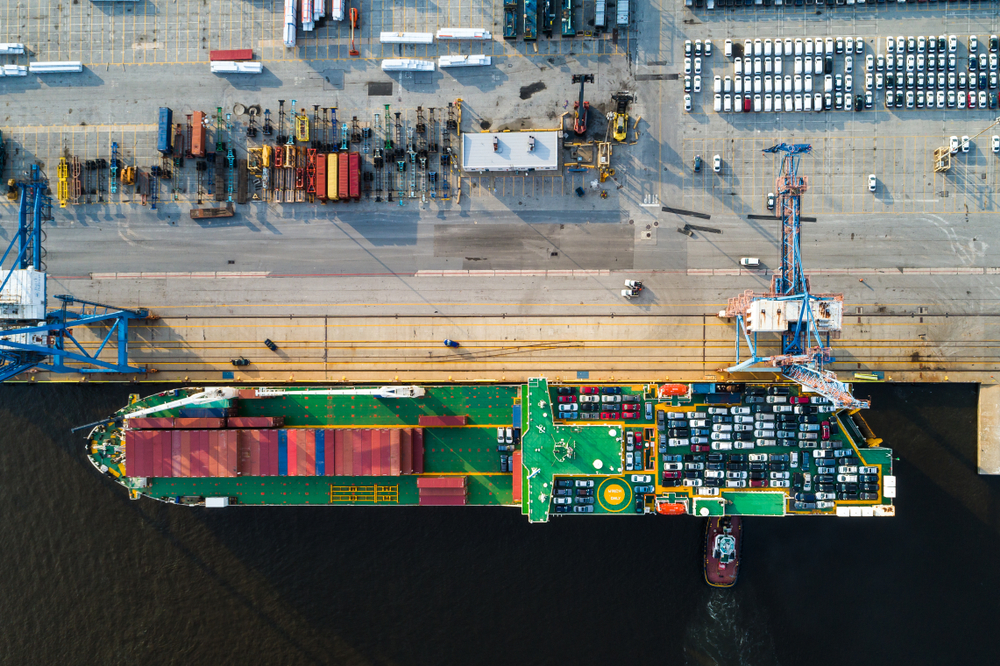The recent – and shocking – bridge collapse in Baltimore in the United States after a ship collided with its support pylon has had massive ramifications across various sectors. Also feeling the pressure now are car-manufacturing giants like Ford and GM because these companies are being forced to re-route their shipment to other ports now.
The 2.57-kilometre-long Francis Scott Key Bridge came crashing down on Tuesday after a 290-meter-long cargo ship with a capacity of 10,000 containers collided with it. Several vehicles on the bridge also plunged into the Patapsco River and many persons are still reportedly missing.
According to Reuters, the Port of Baltimore is the busiest port in the US for car shipments and handled at least 7.5 lakh vehicles in 2023. The port has now been temporarily shut as rescue operations and investigations are launched here, prompting car makers to go into a huddle to work out alternatives. In an official statement issued by GM, the company informed that it is working on re-routing car shipments to other ports, adding that impact on operations is likely to be minimal. Ford Chief Financial Officer John Lawler told Bloomberg News that he expects the bridge collapse to have an adverse impact on logistics. “It’s going to have an impact. We’ll have to divert parts to other ports. It will probably lengthen the supply chain a bit.”
There are alternatives to the Baltimore port with harbour in New York most likely to accommodate container ships which would have otherwise reached or passed through the Baltimore Port. The question for now is not exactly about ‘where’ but ‘by when.’
Various US media outlets have reported that automobile stakeholders within the country have started reaching out to federal officials to get a sense of the scale of the accident and ascertain an estimated timeline by when normal operations at the port here is expected to resume. “While Baltimore is not a primary port for our North American operations, there will be some impact, primarily on vehicle exports,” Toyota said in a statement. “At this time, we do not anticipate a significant disruption, but we are evaluating the situation closely to determine the longer term impact and countermeasures.”






